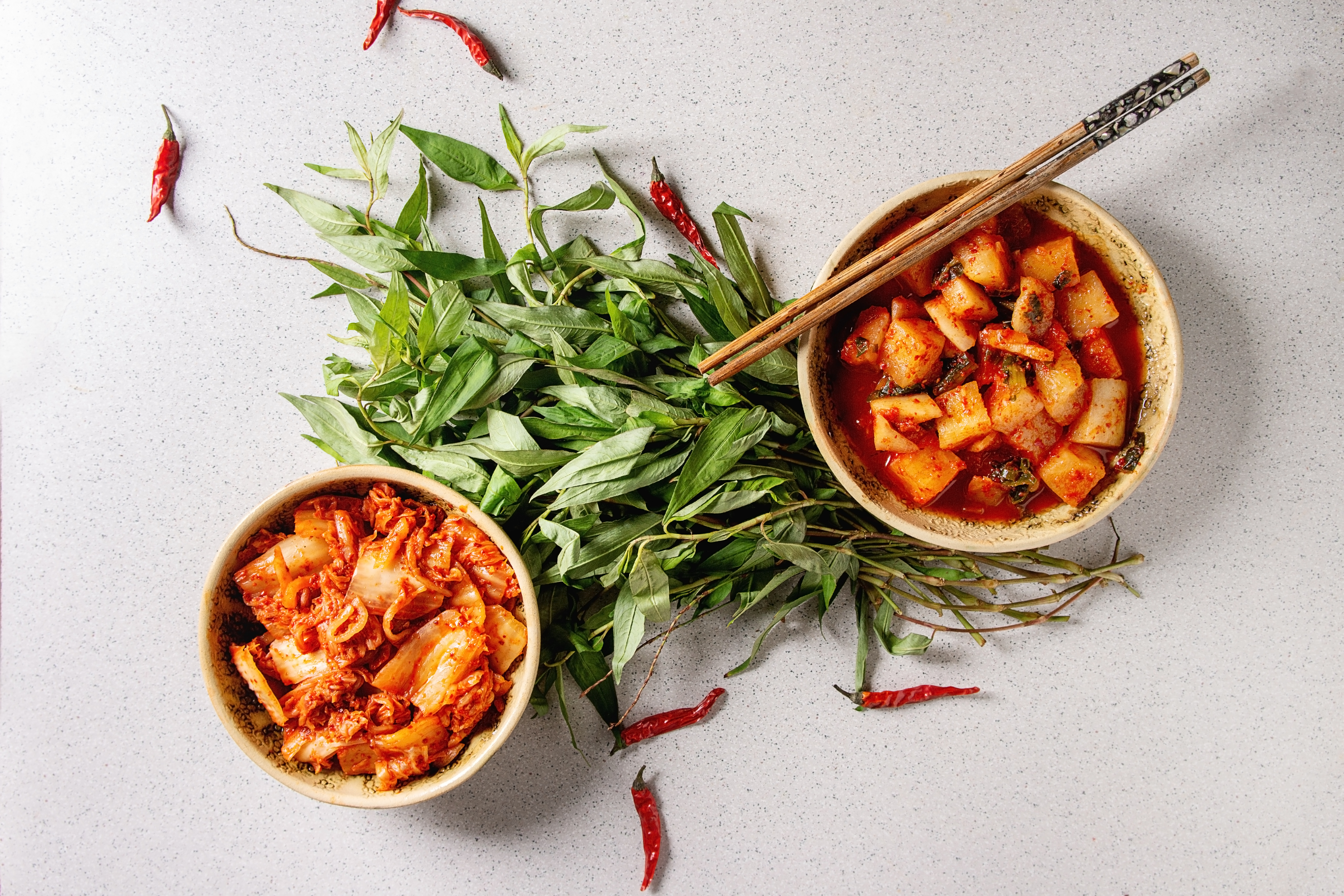32 Delicious Fermented Foods That Boost Gut Health Instantly
Long before probiotics came in pill form, cultures worldwide harnessed the transformative magic of fermentation – an ancient alchemy creating vibrant, living foods teeming with health benefits. These aren't just trendy additions to your plate; they are nutritional powerhouses where beneficial microbes unlock nutrients, support robust digestion, strengthen immunity, and even influence your mood. As we increasingly recognize the gut as the cornerstone of overall well-being, incorporating these traditionally prepared foods is more vital than ever. We’ve delved deeper into this flavorful world, expanding our list to spotlight 32 potent fermented foods packed with gut-loving goodness. Ready to discover delicious ways to cultivate inner balance and boost your vitality from the inside out?
1. Kimchi: The Spicy Probiotic Powerhouse

Kimchi is a traditional Korean fermented cabbage dish loaded with lactobacillus bacteria, the same beneficial microbes found in many probiotic supplements. Beyond just being a probiotic powerhouse, kimchi contains garlic, ginger, and chili peppers, which have antimicrobial and anti-inflammatory properties that support gut health. Studies have shown that kimchi can help reduce bloating, support digestion, and enhance immune function. The fermentation process also increases the bioavailability of nutrients, making it even more beneficial. Add a spoonful of kimchi to rice bowls, sandwiches, or eggs for a tangy, gut-friendly boost.
